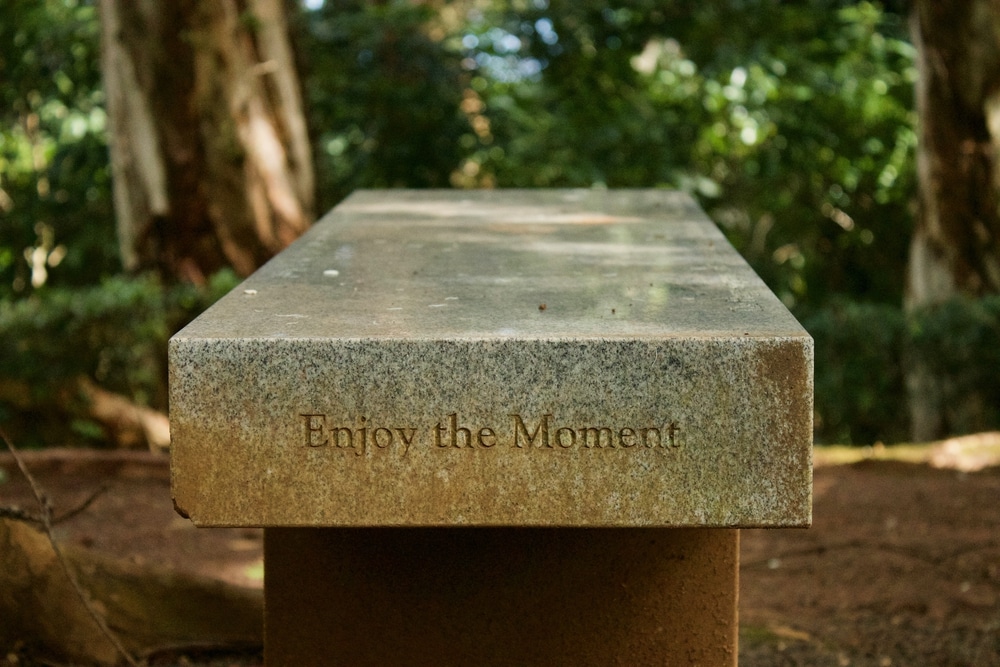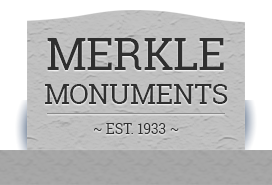Eco-Friendly Burial Options: Green Cemeteries & Other Sustainable Choices

In recent years, there has been a growing awareness of the environmental impact of traditional burial practices. Conventional methods often involve embalming chemicals, non-biodegradable caskets, and resource-intensive maintenance of cemeteries. As a result, many people are seeking eco-friendly burial options that align with their values of sustainability and environmental stewardship. Here, we explore green cemeteries and other sustainable choices that are gaining popularity.
Green Cemeteries
Green cemeteries, also known as natural burial grounds, offer a more sustainable alternative to traditional cemeteries. These burial sites are designed to minimize environmental impact and conserve natural resources. In green cemeteries, bodies are interred without embalming fluid, in biodegradable caskets, shrouds, or even without a container, allowing for natural decomposition. This approach not only reduces the use of harmful chemicals but also promotes soil health and biodiversity.
Green cemeteries often eschew the manicured lawns and elaborate headstones typical of conventional cemeteries in favor of natural landscapes. Graves are usually marked with simple, biodegradable markers or GPS coordinates. This creates a peaceful, natural environment that supports local flora and fauna, providing a lasting legacy of environmental preservation.
Biodegradable Caskets and Urns
For those who prefer a more traditional burial, choosing biodegradable caskets and urns is an eco-friendly option. These are made from sustainable materials such as bamboo, wicker, cardboard, or untreated wood. Biodegradable caskets break down naturally over time, reducing the long-term environmental impact. Similarly, biodegradable urns are available for cremated remains, designed to decompose and blend with the earth or water where they are placed.
Water Cremation
Water cremation, also known as alkaline hydrolysis or aquamation, is an emerging eco-friendly alternative to traditional cremation. This process uses a solution of water and potassium hydroxide to accelerate the natural decomposition of the body. The result is a liquid that can be safely returned to the water cycle and a small amount of bone ash, which can be kept in an urn or scattered. Water cremation consumes significantly less energy than traditional flame-based cremation and produces fewer greenhouse gasses, making it a more sustainable choice.
Conservation Burial
Conservation burial is a specific type of green burial that goes a step further by integrating burial sites into conservation efforts. These burials are conducted on lands dedicated to natural preservation, where the burial fees contribute to the protection and management of the ecosystem. This method not only provides an eco-friendly final resting place but also supports broader environmental goals, such as habitat restoration and biodiversity conservation.
Home Funerals and DIY Burials
Home funerals and do-it-yourself (DIY) burials are also becoming more popular as people seek personal and sustainable alternatives to conventional funeral services. Families can care for their deceased loved ones at home, using eco-friendly practices and materials. DIY burials can often be conducted on private land, subject to local regulations, allowing for a more intimate and environmentally conscious farewell.
Markers for All Burial Types
As awareness of environmental issues grows, more people are seeking sustainable and meaningful ways to honor their loved ones’ lives. Green cemeteries, biodegradable caskets, water cremation, and conservation burials offer diverse options for eco-friendly burials. Regardless of the choice that is made, families will want a meaningful and attractive way to remember their loved one – whether an urn, a memorial bench or another type of marker. The experts at Merkle Monuments offer information and guidance for these choices. Contact us for help!

